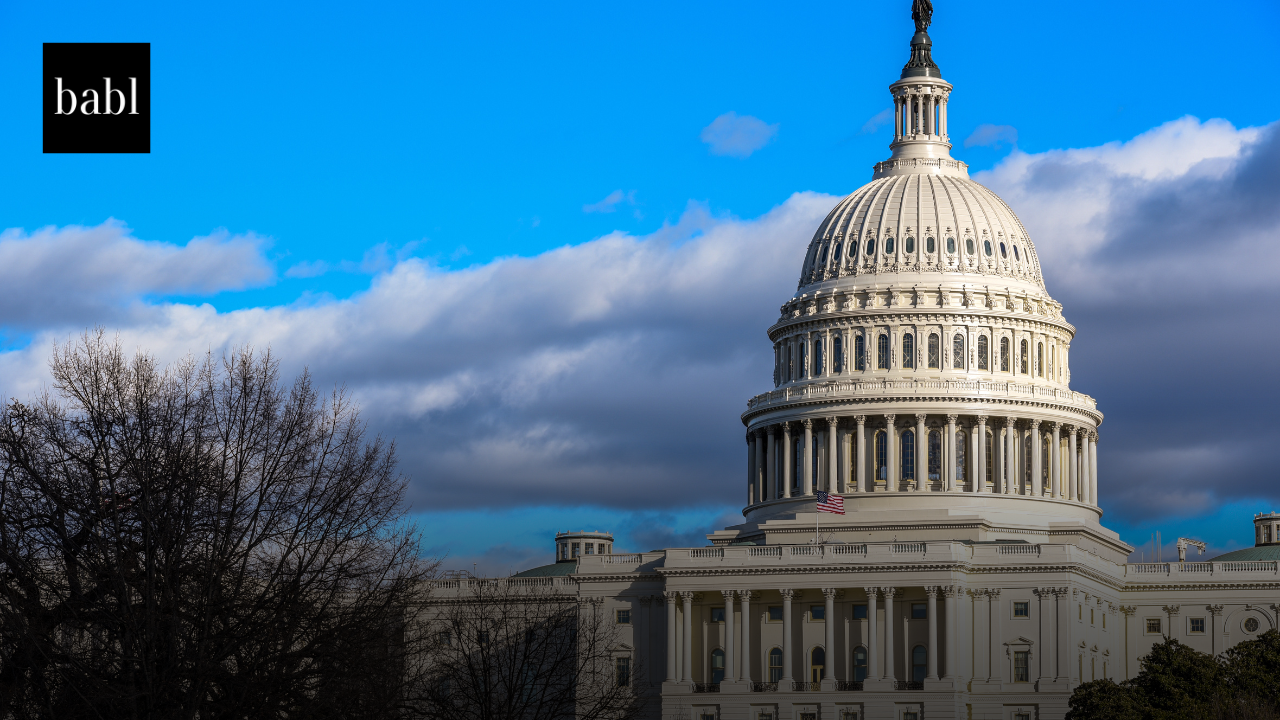UPDATE — NOVEMBER 2025: The proposed federal moratorium on state and local AI regulation—which would have paused state-level AI laws for up to ten years—was officially struck down in July 2025. The provision was initially included in a House-passed budget reconciliation bill, but the U.S. Senate voted 99–1 to remove it after intense bipartisan opposition. Critics argued the moratorium would have undermined states’ rights and delayed urgently needed consumer and labor protections, while supporters claimed it would have reduced legal fragmentation and given Congress time to establish a national AI framework.
The final version of the bill, signed by President Trump on July 4, 2025, excluded the moratorium entirely. This outcome means states remain free to regulate AI independently, resulting in what analysts have dubbed a “state AI regulation gold rush.” States like California, Colorado, and Texas are now leading the charge with their own AI governance frameworks, ranging from bias audit requirements to data transparency and accountability standards.
Although this attempt at federal preemption failed, Congress is still expected to revisit national AI legislation, particularly as the administration continues advancing its AI Action Plan under Executive Order 14179. For now, however, the United States remains a patchwork of AI laws—leaving companies to navigate a rapidly expanding and often inconsistent state regulatory landscape.
ORIGINAL NEWS STORY:
House Passes Controversial AI Preemption Measure in Budget Bill
In a razor-thin 215–214 vote this week, the U.S. House of Representatives passed a sweeping budget bill that includes a controversial tech provision: a 10-year ban on state-level enforcement of artificial intelligence (AI) regulations.
The legislation, dubbed the “One Big, Beautiful” bill (H.R. 1), is packed with Republican priorities on taxes, immigration, and technology—and is seen as a cornerstone of President Donald Trump’s domestic policy agenda. If enacted through budget reconciliation, the AI moratorium would mark one of the most significant federal moves on tech regulation in decades.
Supporters argue the measure would prevent a fragmented patchwork of AI laws and give Congress time to pass national standards. Critics warn it would strip protections from vulnerable groups, override dozens of existing state laws on deepfakes and algorithmic bias, and hand Big Tech unchecked power.
Some lawmakers defended the proposal by saying that a patchwork of various state laws is not good for innovation, for business or consumers. However, other lawmakers stated that this proposal was appeasing “Big Tech.”
The bill now heads to the Senate, where it faces procedural hurdles and could potentially be removed altogether. Democrats are expected to challenge the AI provision under the Byrd Rule, which bars non-budgetary items from reconciliation packages. Some Senate Republicans, including Sens. Marsha Blackburn of Tennessee and Josh Hawley of Missouri, have also voiced opposition.
Civil society groups, dozens of state attorneys general, and both Democratic and Republican lawmakers at the state level have condemned the AI moratorium. Meanwhile, industry advocates say it will promote innovation and avoid costly regulatory confusion.
Need Help?
If you have questions or concerns about any U.S. AI guidelines, regulations and laws, don’t hesitate to reach out to BABL AI. Their Audit Experts can offer valuable insight about the U.S. and global standards, and ensure you’re informed and compliant.





